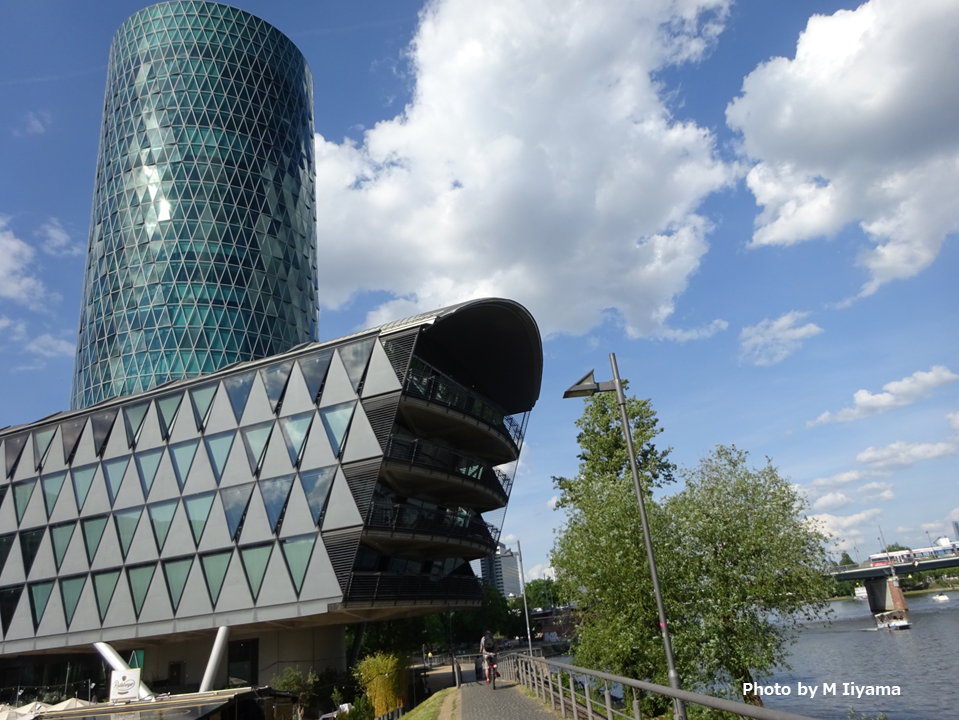Pick Up
751. The Relationship Between Human and Nature in the Anthropocene

751. The Relationship Between Human and Nature in the Anthropocene
The Anthropocene is a hypothetical geological era proposed as the point at which humans began to have a significant impact on the Earth's geology and ecosystems. Although there is debate among various scientific disciplines as to when the Anthropocene began, it seems reasonable to date it around 1950 in light of the rapid increase in atmospheric concentrations of carbon dioxide and the acceleration of the nitrogen and phosphorus cycles.
The European Environment Agency has just released a report, Exiting the Anthropocene? Exploring fundamental change in our relationship with nature, that examines the ongoing human relationship with nature and highlights the need to fundamentally change perceptions of humanity's ongoing relationship with nature in the Anthropocene.
The report pointed out that policies, such as the European Green Deal and the 8th Environment Action Program, are not enough, and called for a fundamental shift in existing ways of thinking and paradigms, including consumerism, by pointing out in particular the following.
Humans, more than any other living species, are influencing the state of the Earth, ushering in a geological age defined by scholars as the "Anthropocene. The threat that humans pose to natural ecosystems and human societies has become increasingly significant and destructive in recent decades, especially since the 1950s. Especially since the 1950s, the common cause of anthropogenic activities has accelerated climate change and the destruction of natural ecosystems.
Although awareness of the challenges facing the environment has deepened considerably over the past 100 years, institutional responses to nature conservation have been inadequate. Even well-intentioned policies are caught in the divide between “us" humans and "them" other species, and need to be rethought. Above all, we must change our view of nature as a source of capital, respect its intrinsic value rather than its outsider status, and unleash the motivation to protect biodiversity as our own affair.
Reference
European Environment Agency. Exiting the Anthropocene? Exploring fundamental change in our relationship with nature. https://www.eea.europa.eu/publications/exiting-the-anthropocene/exiting…
Contributor: IIYAMA Miyuki (Information Program)
